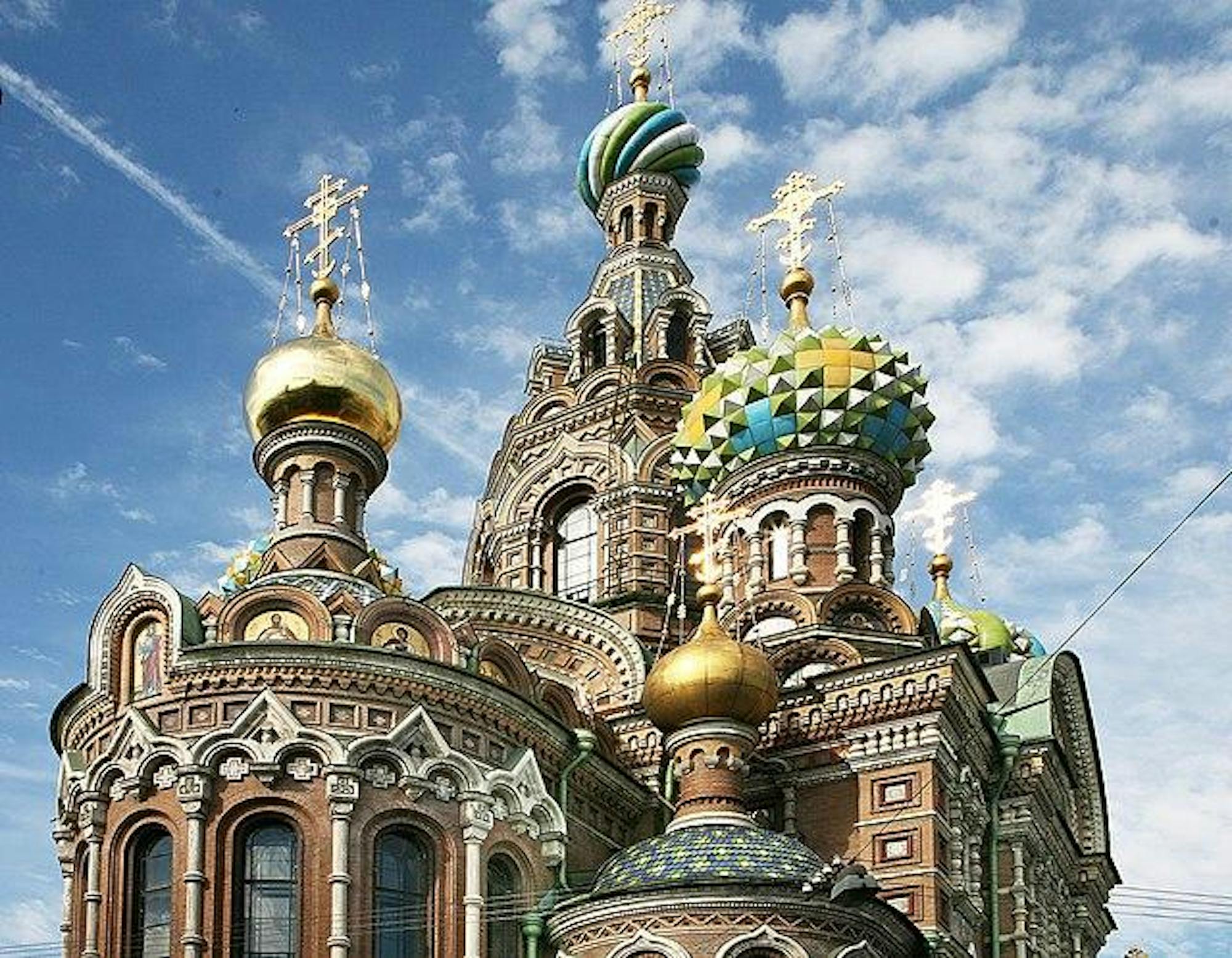Recently, some members of the Tufts community have called for the decolonization of the Russian Program. Their reasoning is that, by continuing with the program and further celebrating Russian culture, Tufts is complicit in the genocide of thousands of Ukrainians. Undoubtedly, it is understandable to feel anger and resentment towards a country that has continuously been an imperialistic force, caused devastating humanitarian impacts for former Soviet states and deprived people of their lives, happiness and peace. These brutalities that the Russian government has inflicted are undeniable, and the continued suffering of Ukrainians is beyond appalling. That being said, it’s important to make a distinction between the Russian government — one that rigs elections, silences expression and poisons opposition — and the Russian people.
Vladimir Putin is an authoritarian dictator who has broken copious international laws, stolen from his country’s resources and led an illegitimate rule over Russia. While the Russian people are not a monolith, it is clear that Putin’s war has nowhere near universal support among the Russian people. From widespread protests to an attempted coup this past year, daring expressions of dissent from the Russian people have been made. But, the history of Russia extends much farther than the totalitarian reign of Putin.
Russian history can be traced back as early as 862, initially being ruled by Varangians. Over the past centuries, a rich culture has developed in Russia that millions claim in one form or another today. Russian politics have, of course, played a role in shaping this. The reign of Catherine the Great brought about classical music, the corruption within the bureaucratic system inspired Gogol’s “The Overcoat” (1842) and Tsar Alexis I brought about a liking of tea. While politics are involved with the formation of any nation's cultural development, it is important not to let this overshadow the beauty of a culture, regardless of who it is claimed by.
Besides Putin, Russia has experienced its fair share of kleptocratic leaders that has resulted in the maltreatment of its people. Ivan the Terrible, Russia’s first tsar, has been described as an “atrocity-committing maniac” due to his violent acts. The drunken Boris Yeltsin led a failed economic reform further disadvantaging the Russian people. Unsurprisingly, Russia has consistently underperformed in health, social connections, environmental quality, safety and life satisfaction. But amidst this never-ending turmoil, Russian culture prevails as a touchstone for the Russian people.
As with any culture, we must ensure Russian culture’s continuation for many reasons. It can be a respite for ethnic Russians who have conflicting feelings about their state’s actions and their identity. Crucially, it can help us to gain a greater understanding of the way Russian culture affects the current conflict. Ukrainians are thought of as “young Brothers,” an imperious definition that promotes the belief that Russia and Ukraine are “one people.” Kyiv is also belittled with the title “mother of all Russian cities” within the Russian lexicon. This language, which is deeply embedded within Russian culture, has continued to be referenced by Putin as justification for Russia’s imperialistic actions. Understanding this will help us to more effectively create change that can ensure the end of this tragic conflict and help prevent future conflicts from occurring.
While it is very fair to argue that Russian culture cannot be portrayed as representative of the cultures of the entire region around it, it is an unfortunate reality that a school like Tufts, with limited language and culture departments, can only offer so many different areas of study. Taking classes in Russian language and culture certainly won’t act as a one-for-one substitution for classes in any other culture, but it will be useful in familiarizing students with Slavic languages and cultures as a whole, after which they can pursue more specific cultural studies.
The anger against Tufts’ Russian department is understandable as an expression of the pain felt by so many whose lives have been upended by this invasion and it certainly isn’t hate speech. However, holding tea-drinking ceremonies that have been a part of Russian culture for centuries is not a political act, but rather the opposite. It is a reminder that Russia is more than Putin and a history of turbulence.
While we believe it’s important for Tufts’ Department of International Literary and Cultural Studies to continue hosting these events as a reminder of Russia’s multifaceted role, more opportunities should be held to honor Ukrainian culture too. As the article “Ukraine at War: Promoting Russian culture means supporting the genocide of Ukrainians” offers, the ILCS department should host fundraisers to collect funds to aid Ukraine in defense and recovery. It could host exhibits on Ukrainian culture like the Tisch Library previously did. Regardless, there is space within Tufts’ community to appreciate both countries’ cultures without needing to silence one of them.




